Hip Labral Tear Surgery
- Home
- Services
- Orthopaedics
- Hip Orthopaedics
- Other Hip Surgeries and Procedures
- Hip Labral Tear Surgery
How do you know if you need hip labral tear surgery?
The labrum is a special type of cartilage that lines the hip socket. It stabilises the hip joint and helps the ball and socket motion to function smoothly. Labral tears are usually caused by sudden injury from sports that involve sharp movement such as AFL, soccer, skiing and netball. It can also be caused by an abnormal bone growth in the hip joint, or wear and tear. Once damaged, the labrum is unlikely to repair itself and can cause deep groin pain, difficulty walking and an uncomfortable hip locking sensation.
There are some non-surgical treatments available to manage the symptoms such as pain relief, rest and physiotherapy, but once imaging has confirmed the tear your doctor may recommend surgery as a way to relieve pain and restore function. During the procedure, the torn labrum is reattached using special stitches and anchors that will hold it in place. Any structural abnormalities or loose tissue can also be treated at the same time.
General recovery times
Labral tears and any underlying causes can often be treated with arthroscopic surgery. This procedure uses a tiny camera and tools to investigate and repair deep inside the hip joint. Depending on the extent of the operation, it may be possible to leave hospital the same day although there will be some pain and discomfort after surgery. This is a completely normal part of the healing process and you will be provided with medication and ice packs to help with any swelling, as well as crutches to help you get around.
A physiotherapist will provide you with a personalised recovery program and within two weeks you should be able to walk independently without any assistance. Prolonged standing, bending or heavy lifting should be avoided as this can aggravate the area. Sport can resume after the first four weeks but should be restricted to low impact activity such as swimming and cycling.
Preparation
To best prepare for hip labral tear surgery at St Vincent’s Private Hospitals, it's essential to follow your orthopaedic specialist's guidelines closely. This may include undergoing specific pre-operative tests, adjusting or discontinuing certain medications, and engaging in pre-surgery physical therapy to strengthen the hip area. Additionally, preparing your home environment to facilitate post-surgery mobility, such as placing frequently used items within easy reach and considering safety aids like handrails, can be beneficial.

Hip replacement approaches
Other hip surgeries
Hip Labral Tear Surgery FAQs
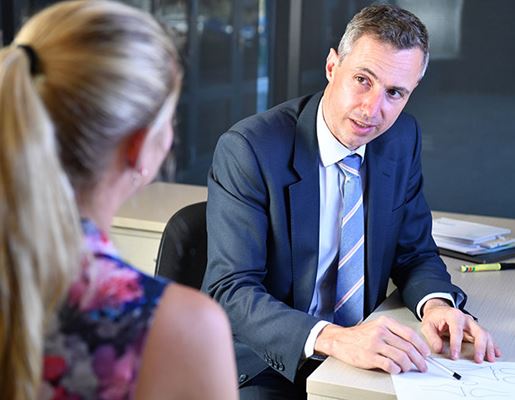
How much will my hip surgery cost?
Understanding the cost of your treatment is an important consideration before committing to surgery, but it’s not always easy to find the information you need. Learn more about the factors which contribute to the cost of your surgery:
What will my treatment and recovery look like?
Familiarising yourself with your treatment program and understanding the recovery process are important steps to take on the pathway to surgery.
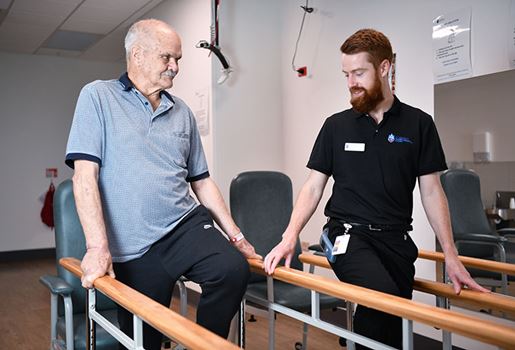
Find a hospital with orthopaedic services
Our Hospitals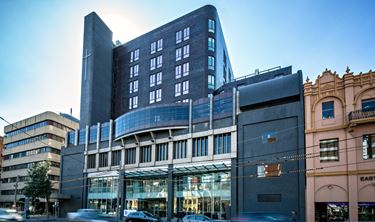
Related services
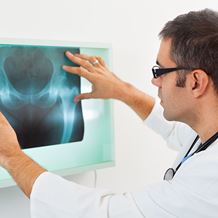
Hip Orthopaedics
We provide specialist care and expertise for a range of problems affecting your hips.
Read More
Labral Tear
Labral tear is a common soft tissue injury that can disrupt the smooth function of the hip joint.
Read More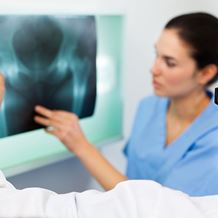
Find a Specialist
Talk to our world-leading orthopaedic specialists about the most suitable treatment options.
Read More